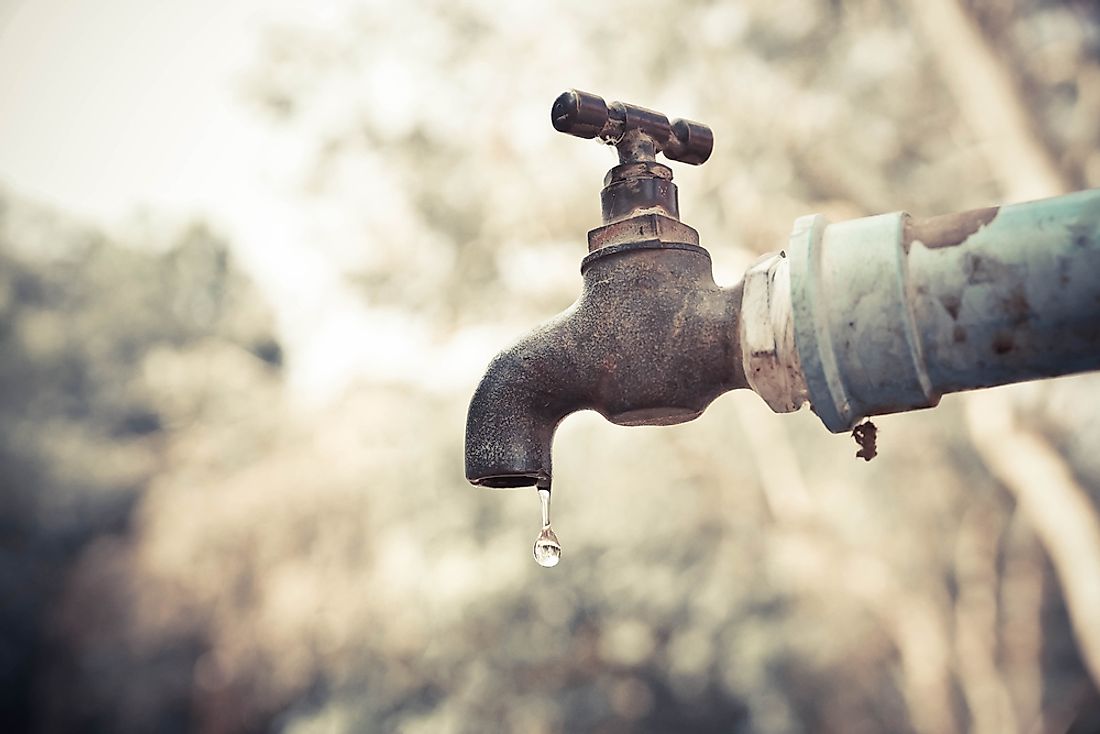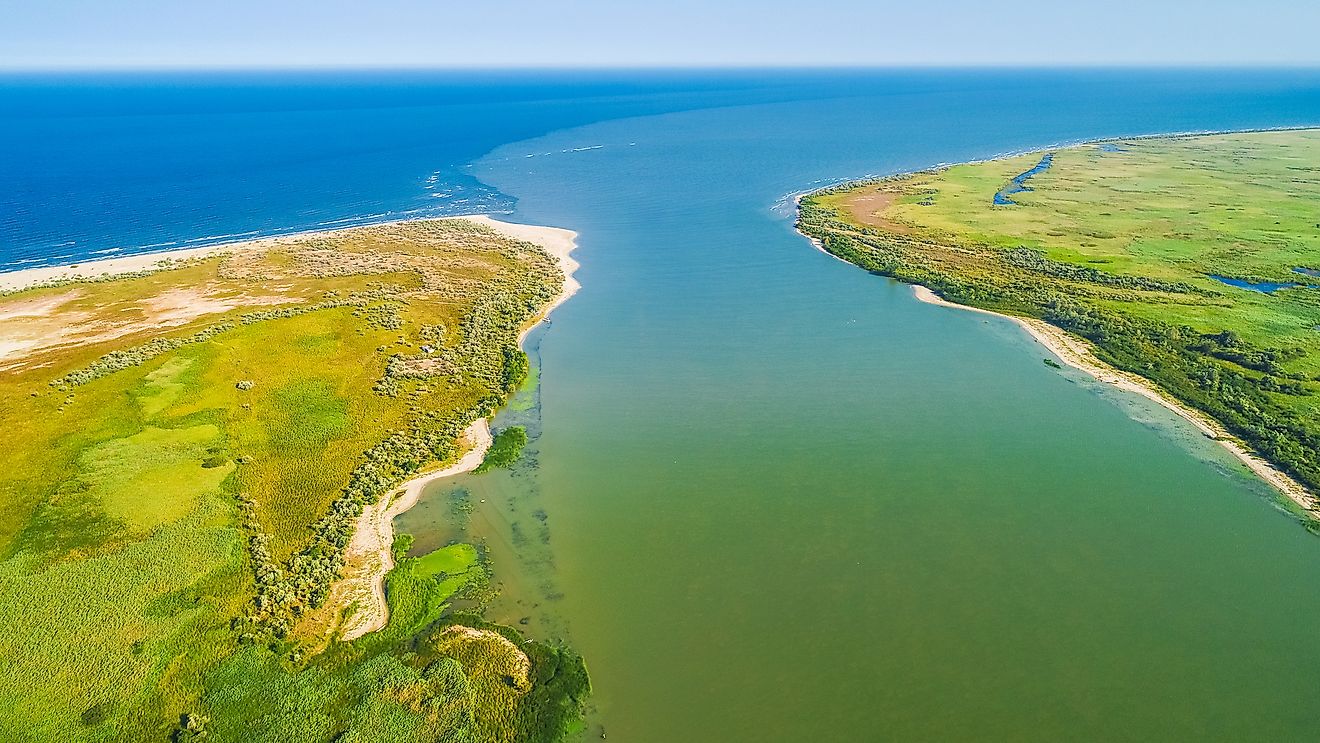What is Water Scarcity?

Definition Of The Term
Water scarcity can be defined as the lack of sufficient, clean drinking water that is accessible to humans and animals of a given area. This problem can affect over 2.8 billion people for at least a month of every single year. Water scarcity affects the health of the population, power generation, eco-systems, as well as economies that rely on agriculture. Water scarcity comes in two varieties: economic and physical.
What Is Economic Water Scarcity?
Economic water scarcity involves a lack of investment and infrastructure surrounding the collection and/or distribution of water. This may be due to the lack of water itself. Flint, Michigan in the United States of America is a modern example of economic water scarcity. In this unfortunate incident, the river that provided drinking water was not treated properly, exposing over 100,000 people to unsanitary water which contained lead. Flint's water crisis started in 2014 and the issue will not be solved until at least 2020. Countries such as Afghanistan, Ethiopia, Haiti, and India, to name a few, cannot afford to fix their economic water scarcity problems. The lack of water has an adverse effect on the economy and resources of a country, as it can lead to many water-related problems going unchecked and unfixed due to the lack of resources. Economic water scarcity gets even worse in some areas due to weather, rapid population growth, political instability, and corruption.
What Is Physical Water Scarcity?
One fifth of the world's population lives with physical water scarcity - it is simply too dry for sufficient water to naturally irrigate the land and for it to even appear in certain areas. This will occur in dry, arid environments such as the Saharan Desert in Africa. One of the major consequences seen in the world today from physical water scarcity is the degeneration of the environment. This can be witnessed among African countries such as Chad and Ghana and consequently, their agricultural industry is being harshly effected. Many Africans will have to travel for hours in order to get water This problem greatly effects African women and children more than men due to the relegation of water duties usually falling upon the the latter.
Conserving Water And Reducing Water Scarcity
In order to ensure the world has enough water to drink, provide farming, to generate power, and to sustain life, many different world-wide organizations have led campaigns to conserve water internationally. A recent drought in California (which is a place historically known for water scarcity) has lead many across North America to change their water use habits. Checking your home taps for leaks, taking shorter showers, not letting the faucet run while brushing your teeth, and using your dishwasher only when full sound like small acts, but can be hugely valuable in conserving water.
One recent, novel way to solve this problem was proposed by an eco-friendly firm in the United Arab Emirates. This company proposed towing an iceberg 5,500 miles from Antarctica to the United Arab Emirates, which would take almost an entire year. The United Arab Emirates is a rich, desert country in the Middle East with little to no natural spring water sources. According to the plan, this iceberg could potentially provide drinking and irrigation water for up to a 1 million people over 5 years.











